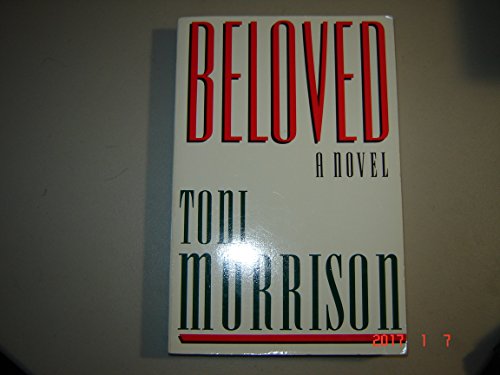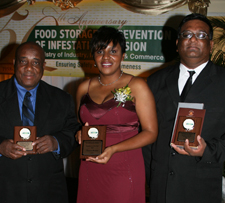

She filtered folklore, biblical rhythms, dreams, choral voices and a steep awareness of history into her work. Her prose could be lush, or raw and demotic, or carefree and eccentric, often on a single page. As Dwight Garner wrote when she died in 2019, “Morrison had a superfluity of gifts and, like few other writers of her era, bent language to her will.

She was, and will remain for lifetimes to come, one of the finest writers to craft narrative in the English language. She won the Nobel Prize, the Pulitzer, the Presidential Medal of Freedom. She was also a masterful crafter of windows when you opened a book of hers, the worlds you entered were so rich with detail, you could feel the molecules around you change as if you’d just taken a long flight and were descending onto the tarmac in a town or city where you’d never been. One might say that because her characters were almost exclusively African-American, the quest to be free - in mind, body and spirit - was the consistent adventure. In everything Morrison wrote, she offered narratives that revealed the journeys of characters, specific but universal, flawed and imperfect, with a deeply American desire for freedom and adventure. The questions she asked in a 2002 lecture seem wholly relevant now, almost 20 years later: “To what do we pay greatest allegiance? Family, language group, culture, country, gender? Religion, race? And if none of these matter, are we urbane, cosmopolitan, or simply lonely? In other words, how do we decide where we belong? What convinces us that we do?” As we approach the anniversary of a global pandemic that has changed our lives in every way, it seems a fine time to dive back into the world of Toni Morrison.

Februwould have been Toni Morrison’s 90th birthday.


 0 kommentar(er)
0 kommentar(er)
